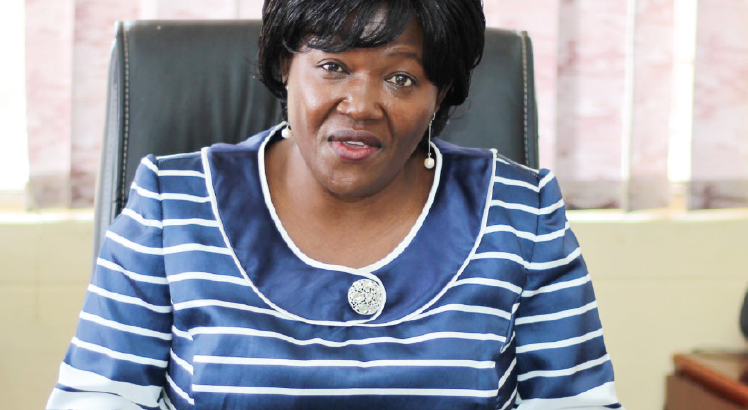PAC queries govt over unaccredited ’varsities
Public Accounts Committee (PAC) of Parliament has questioned the Ministry of Education’s failure to shut down unaccredited private universities amid concerns they are contributing to declining education standards in the country.
While acknowledging its shortcomings during a meeting with PAC, the ministry blamed the National Council for Higher Education (Nche) Act which it says has some gaps that limit its powers to crack down on unauthorised schools.
PAC raised the concern during an engagement with the ministry’s leadership at Parliament Building in Lilongwe yesterday.

The committee summoned the ministry to respond to 52 queries raised by the National Audit Office between 2017 and 2019.
However, the ministry’s Principal Secretary Chikondano Mussa asked for the meeting to be rescheduled on the basis that comprehensive responses were yet to be compiled.
PAC approved the request and an agreement was reached that the ministry should respond to general queries of public concerns from the committee members.
Taking the floor, Zomba Chisi legislator Mark Botomani observed that there is “a lot of chaos in the emerging colleges and universities that are offering diploma mills and there are no checks and balances from the ministry through this council [Nche].”
In response, Mussa said Nche, where she also belongs as a board member, was making efforts to bring sanity to higher education.
She said: “I can assure you that Nche is on top of matters and they use stringent measures to audit a university, they give them a licence to run. They inspect the premises and assess the courses.”
Mussa further advised parents to stop enrolling their wards in unaccredited colleges.
PAC further expressed concern over government’s delays to implement school projects and carry out maintenance of dilapidated schools.
Malawi has a range of school construction and maintenance projects, some of which are financed by the European Union and World Bank.





